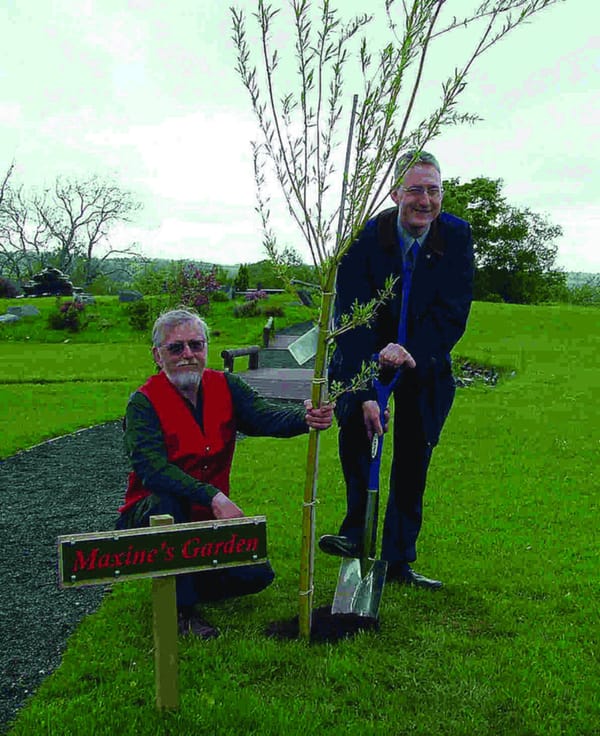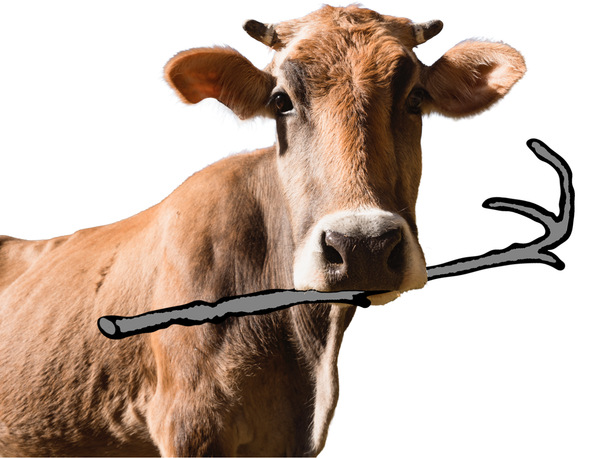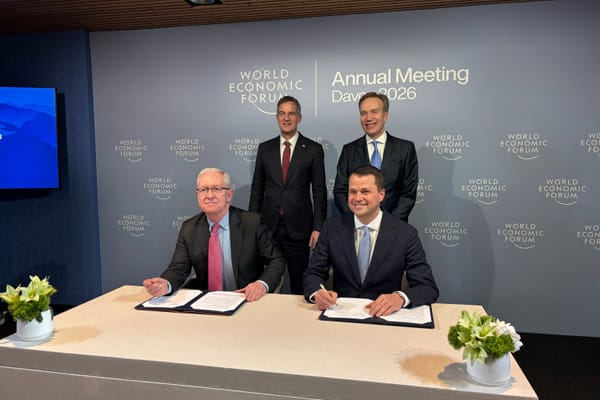UN calls Rector in India-Pakistan Dispute
Article by James Lees
Hosepipe bans cause outrage in middle England, but some water disputes go much deeper than the need to ensure your lawn is greener than the Jones’, and when there is an issue between India and Pakistan the world needs to pay attention. The Kishenganga tributary in the disputed Jammu and Kashmir region is currently the source of an argument between India and Pakistan over Indian plans to build a 300MW hydroelectric plant.
After the dispute could not be resolved at a governmental level, Pakistan has decided it needs to be settled by a specially formed International Court of Arbitration (ICA). This is how any problems over water in the region are to be settled as laid out in the Indus Waters treaty of 1960. The UN Secretary General, Ban Ki-moon, has appointed Judge Stephen M. Schwebel, former President of the International Court of Justice to head the ICA. India and Pakistan have each appointed 2 legal experts to represent themselves. The final 2 members of the 7 member ICA will be appointed by Lord Judge, the Lord Chief Justice of England and Wales who will choose a neutral legal expert, and Imperial’s own Rector, Keith O’Nions who will choose an engineer.
It is the ICA’s task to settle the dispute over whether India has the right to build the dam. The process of making the dam will result in diverting the Kishenganga, something which India believes it is allowed to do under the terms of the treaty. Pakistan objects for a number of reasons, firstly doing this will result in disruption of the water flow at its own Neelam-Jhelum project further downstream. Pakistan claims this “breaches India’s legal obligations under the treaty”. A further objection relates to India’s decision to lower the level of the reservoir at the plant which Pakistan believes breaks the rules on the drawdown of water.
The Indus Waters treaty gives India the right to create 3.6 million acre feet of water storage capacity and it is apparently not in danger of exceeding this. Environmentalists have claimed that the construction of the dam will wreck the habitats of local endangered animals such as the snow leopard and the barking deer.
Disputes over anything between these two nuclear nations need to be resolved carefully and the ICA has a difficult task ahead of it if a fair solution is to be found which avoids either side losing face. It is likely many hours of sitting in rooms with arguing lawyers await whichever engineer the Rector eventually chooses.






